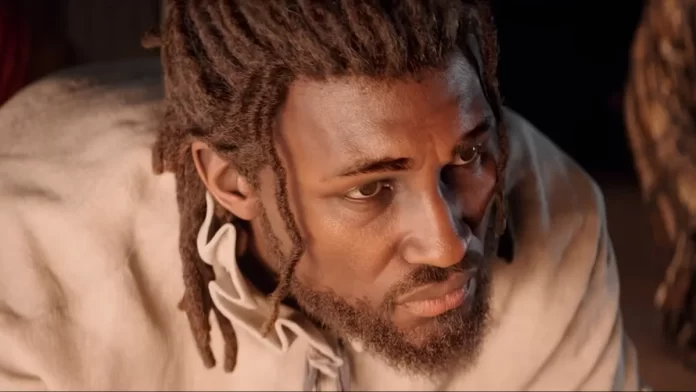The petition, which originated in Japan back in June, has sparked a heated debate within the Assassin’s Creed fanbase. The main point of contention? The game’s central character, Yasuke, an African samurai set to navigate the historical landscape of feudal Japan.
Critics argue that Ubisoft’s portrayal of Yasuke falls short on both historical accuracy and cultural sensitivity. They believe the game perpetuates stereotypes and misrepresents the fascinating story of the real-life Yasuke.
Now, the real Yasuke was a true historical badass. This African warrior carved his name in Japanese history, serving as a samurai in the 16th century. Unfortunately, his story is often overlooked, making his inclusion in the Assassin’s Creed universe a potential opportunity to bring him to light.
However, the way Ubisoft is presenting Yasuke in promotional materials and trailers seems to be missing the mark. Critics point out exaggerated physical features and stereotypical African attire, which they believe reinforces harmful stereotypes and fails to capture the essence of the historical figure.
The petition, which has gained momentum on social media platforms, calls for Ubisoft to hit the brakes on development. Fans want the studio to demonstrate a more respectful and accurate approach to Japanese history and culture. This includes conducting thorough research and collaborating with Japanese historians and cultural experts to ensure a portrayal of Yasuke that reflects his true story.
This controversy surrounding Assassin’s Creed Shadows highlights the delicate balance between creative freedom and cultural sensitivity in video games. While developers naturally take creative liberties, it’s crucial to approach sensitive topics with respect. Avoiding harmful stereotypes and misrepresenting historical narratives is a responsibility video game studios should take seriously.
Ubisoft has yet to officially respond to the petition or the growing criticism. Their response, when it comes, will be closely watched by fans and industry observers alike. How Ubisoft chooses to address these concerns could set a precedent for how they handle sensitive cultural and historical elements in future games.

